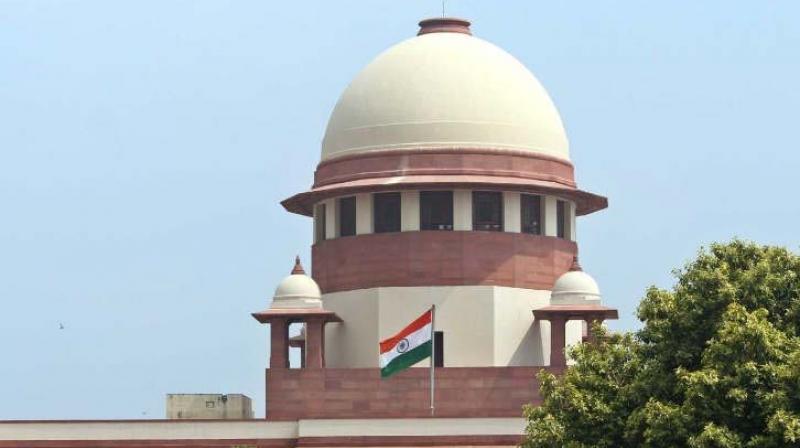Societal morality changes, Mukul Rohatgi tells Apex court

New Delhi: The Supreme Court on Tuesday indicated that it was open to examine the correctness of the 2013 verdict upholding IPC Section 377 that criminalises consensual gay sex. The Constitution Bench comprising the Chief Justice Dipak Misra and Justices Rohinton Nariman, A.M. Khanwilkar, D.Y. Chandrachud and Ms. Indu Malhotra observed that it will examine whether the fundamental right to life includes “right to sexual freedom” particularly after the nine-judge Bench ruling that “right to privacy” is a fundamental right.
Hearing began on Tuesday on a batch of petitions seeking a declaration that IPC Section 377 is unconstitutional as it makes gay sex as carnal intercourse against the order of nature and provides for a punishment of upto life. However, such punishments are very rare as no such case is being prosecuted effectively. The CJI told Mukul Rohatgi, who appeared for Navtej Singh Johar that the principal question to be addressed by the court is the correctness of 2013 verdict.
It affects the basic constitutional and human rights of a large section of society, called the sexual minority, the CJI added. Mr. Rohatgi argued the law that criminalises consensual gay sex is against the fundamental rights of Indians and societal perception that it is against the law of nature cannot be an excuse for it. He said all males as a class and all females as a class do not have the same sexual orientation that is being attracted to the opposite sex.
Counsel said that such individuals are called gay men/lesbian women/bisexual persons. Such orientation is not acquired by way of choice and is genetic. Typically a person becomes aware of such orientation at adolescence. Sexual orientation is immutable and not a medical condition to be “cured”. Mr. Rohatgi said such individuals need protection, more so than those having the more common orientation

